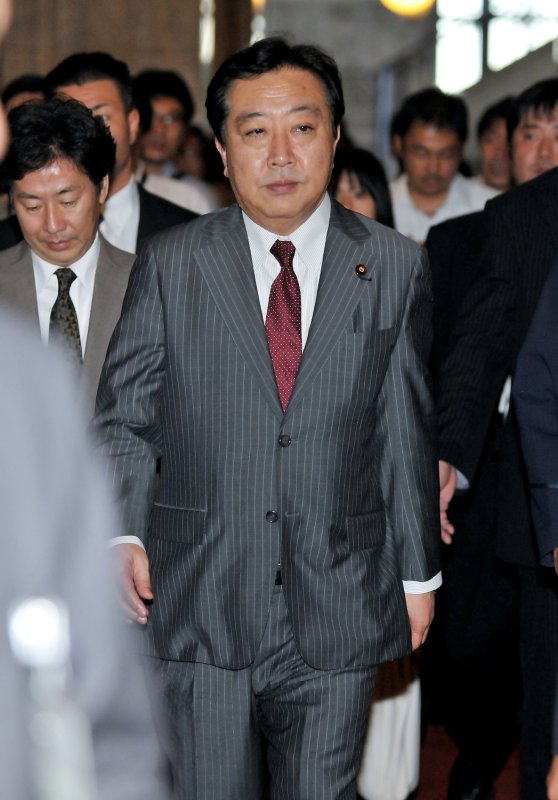TOKYO, March 9 (UPI) -- The nuclear energy industry that once supplied a third of Japan's electricity has nearly shut down amid safety concerns and public opposition, officials say.
Nearly a year after an earthquake and tsunami caused the Fukushima nuclear power plant meltdown all but two of Japan's 54 commercial nuclear reactors have gone off-line, with no indication when they'll restart, and the last operating reactor is scheduled to go off-line next month, The New York Times reported.















